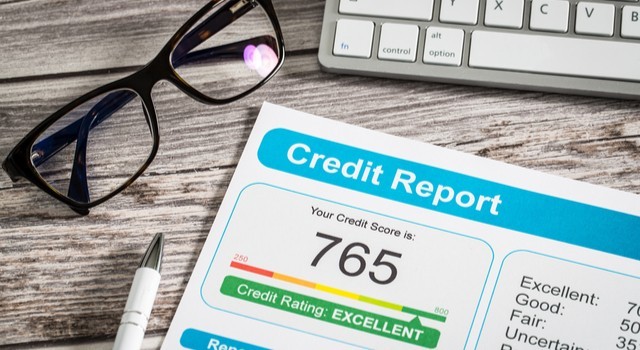When taking out a joint loan, there are many things you need to consider. Signing up to a joint credit agreement is a huge commitment and it’s important to ensure you have all the facts before signing on the dotted line. While no one wants to think about a relationship breaking down, the truth is that you could be left seriously out of pocket if things turn sour.
What do studies show regarding joint loans?
A recent survey from the Debt Advisory Centre Scotland (DACS) revealed that one in six borrowers who applies for and takes out a joint loan with their partner are unaware of the full implications, should they default on payments. One in ten respondents thought that they were only responsible for half of the loan, and 2% of respondents believed the proportion of repayment depended on their annual income.
When taking out any joint credit agreement, it’s important to be aware that if for any reason your partner is unable or unwilling to make repayments, you could be left to repay the loan on your own. A couple will often take out a larger loan that, as an individual, you would not be able to afford to repay.
It’s too easy to believe that these kinds of problems will never occur when taking out a loan and it seems the natural thing to do as a couple. But according to figures from the DACS, one in every ten people who seek help, do so due to the break-up of a relationship which has left them unable to repay their debts.
Although applying for a joint loan can be risky if you’re unprepared, it’s often a necessary and unavoidable part of life. Obtaining a joint mortgage will allow you a higher property budget, and it’s often easier to obtain credit by applying as a couple (provided you both have a reasonable credit rating).
What to do if one person has a poor credit rating?
If one person has a poor credit rating, it’s wise to avoid applying for credit together. Linking yourself to your partner with a joint loan will also link your credit files, and you could be penalised for your partner’s poor credit when applying in the future. If you’re unsure of how your credit rating stands, make sure you both do an online check before applying, as simply being refused credit can reflect badly on your credit score.
If you’re struggling with debt as a result of a relationship breakdown or need advice on other options to keep your debts from spiralling out of control, why not contact our knowledgeable advisers at Scotland Debt Solutions. Our team of experts can provide impartial advice on the most suitable way to manage your finances and, if necessary, point you in the direction of a debt management plan to suit you. So if you’re looking for a joint loan to pay off existing debts, contact Scotland Debt Solutions for expert advice before making any decisions.





